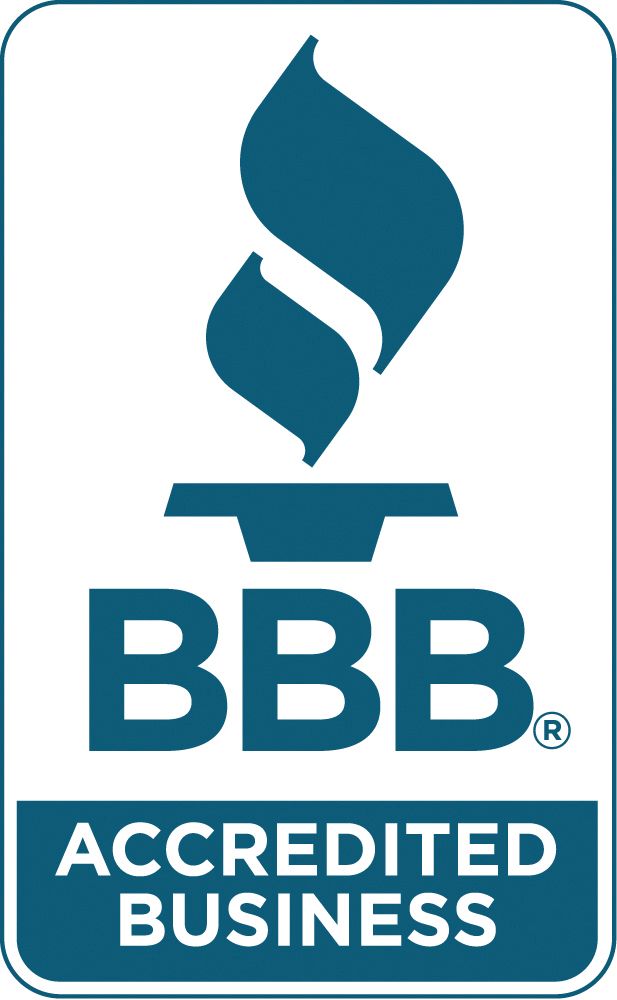Transitional Housing Placement Programs: Bridging Adulthood
The challenge currently is that not enough THPPs exist in the community.

Transitional Housing Placement Programs (THPP) support foster youth transitioning from adolescence to adulthood. These programs offer a safe and stable living environment that enables young individuals to develop the skills necessary for independent living, free from the constant supervision typically associated with residential facilities or traditional foster homes.
As foster youth approach their 18th birthday, many experience a blend of excitement and anxiety. This age marks a significant milestone, representing a shift towards independence and a move out of the foster care system. Research from the THRU project reveals that nearly 40% of foster youth are at risk of experiencing homelessness by age 19. Additionally, a significant portion of the homeless population has had prior involvement with the foster care system. While residential programs, such as Short-Term Residential Treatment Programs (STRTPs) and Qualified Residential Treatment Programs (QRTPs), provide necessary stabilization, they often fail to equip youth with practical, real-world skills and support.
Participants in THPPs must adhere to state-specific guidelines, which generally involve part-time education, part-time employment, or active engagement in job or educational searches. Accommodations are made for those with disabilities that limit participation. Each participant is assigned a social worker or case manager who meets with them weekly to oversee their living situation and help them manage their budgets effectively. The program also offers comprehensive life skills training on various topics, including healthcare and financial management, which are vital for a smooth transition into adulthood.
Despite their importance, one of the primary challenges facing THPPs is the insufficient number of available programs within communities. While many states focus on residential and foster care solutions, there is an urgent need to enhance transitional housing options. Advocacy for the expansion of THPPs is critical in addressing this gap, as the scarcity of homes or apartments contributes significantly to the risk of homelessness among foster youth.
THPPs provide various opportunities while maintaining guidelines similar to those in traditional foster or residential care. These include Needs and Services Plans, mental health and medical care access, and involvement in a Child and Family Team. However, THPPs set themselves apart by granting participants greater freedom and autonomy, which helps them acquire essential life skills. Training covers diverse areas, such as budgeting, academic responsibilities, career planning, workforce development, and childcare. Unlike treatment-centric programs, THPPs prioritize case management, equipping youth with the necessary tools for independent living and a successful transition to adulthood.




